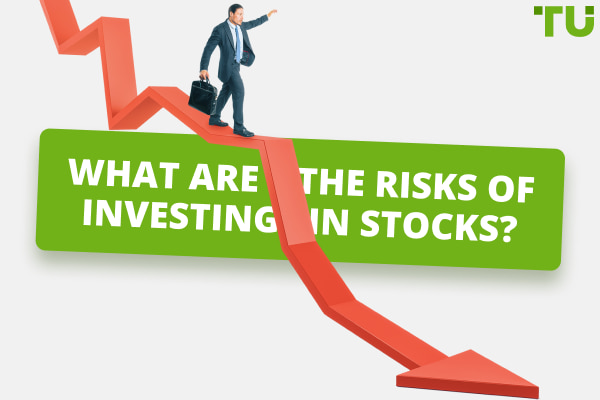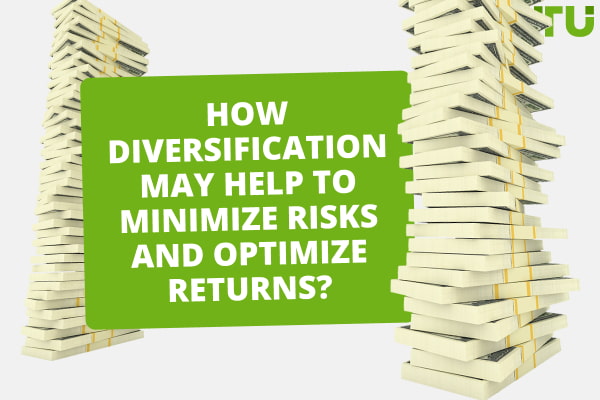Insider Trading is commonplace in the financial markets. Many people learn information and try to use it for their purposes. With the help of insider trading, people earn tens and hundreds of thousands of dollars by buying or selling shares of companies and manipulating the currencies of many countries, etc.
However, remember that insider trading is illegal. If you use such information, you violate competition in the markets, exposing both businesses and traders. Insider trading is prohibited by most countries and individual exchanges, so if you try to use such information, there is a high probability of sanctions against you, up to and including imprisonment.
Also, don't agree to use the information if someone offers you insider information. This is a common scam. There can be no guarantees here, and it is impossible to verify the data provided by the stranger.
























